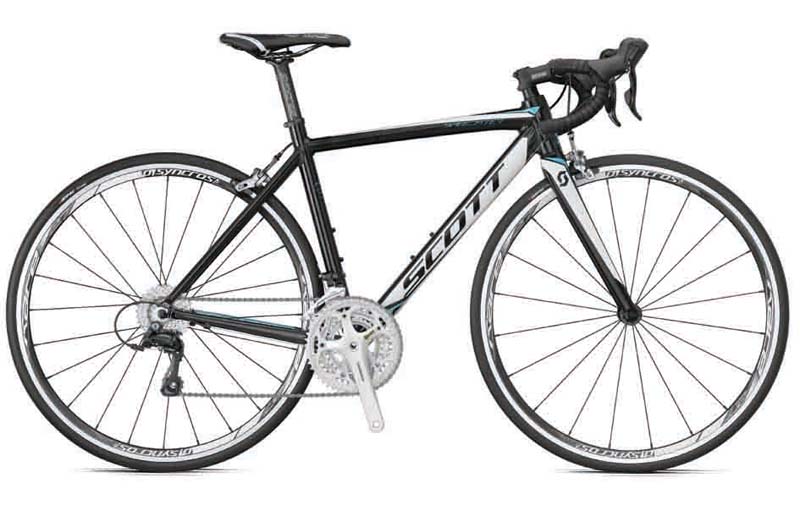On April 12th of last year an Evanston bicyclist was injured when the driver of a car was more interested in finding a good parking spot than he was in ensuring the safety of the operator of another vehicle legally on the road - a bicyclist.
The collision occurred during the early evening of April 12, 2013, when
the car driver suddenly turned off the road in an attempt to enter a
curbside parking spot along Chicago Avenue. The driver took a sharp angle past the bicyclist and towards the curbside parking. But in doing so, the hurried driver struck the
bicyclist and knocked him off of his bicycle and onto the the pavement of Chicago Avenue. The bicyclist suffered a fractured left thumb as a result of
the collision.
Illinois Bicycle Lawyers Michael S. Keating and Joseph T. Vietri recently settled the insurance claim against the driver's insurance company on behalf of the bicyclist. The bicyclist was an employee of a well known Evanston bicycle shop who led a very active lifestyle—he was an avid biker who often worked out and valued his active lifestyle. However, due to the fractured thumb he was not able to work out like he did before for almost three entire months while the thumb healed.
The "3-Foot Rule" in Illinois law is very clear on a motorist’s responsibilities when driving alongside a bicyclist. Motorists are required to exercise due care to avoid colliding with a person operating a bicycle, and must leave a safe distance between their car and any bicyclists nearby.
Section 11-703(d) of the Illinois Vehicle Code states:
The operator of a motor vehicle overtaking a bicycle or individual proceeding in the same direction on a highway shall leave a safe distance, but not less than 3 feet, when passing the bicycle or individual and shall maintain that distance until safely past the overtaken bicycle or individual.
As has been discussed on this blog before, the "3-Foot Rule" does not require 3 feet when passing a bicycle, the law requires
at least 3 feet meaning the law actually provides that
more than 3 feet
should be provided by drivers passing bicyclists.
In this case, in addition to his multiple violations of the Illinois Vehicle Code, the police officer responding to the accident noted that the car driver had been driving “
in an erratic, reckless, careless, negligent, or aggressive manner” at the time of the accident. It is unusual that a police officer adds his or her own conclusions in the narrative of the police report, but this was apparently a case that warranted this officer's statements.
The Illinois Bicycle Lawyers filed a claim with the driver's insurance carrier to compensate the injured bicyclist for his injuries, medical bills, pain and suffering, and loss of normal life. If you have any questions regarding this post or an issue involving Illinois personal injury law, please contact Illinois Bicycle Attorney Mike Keating at
(312) 208-7702 or
MKeating@KeatingLegal.com, 24 hours a day, 7 days a week. All e-mails and phone calls will be promptly returned, and all initial consultations are confidential and free.





